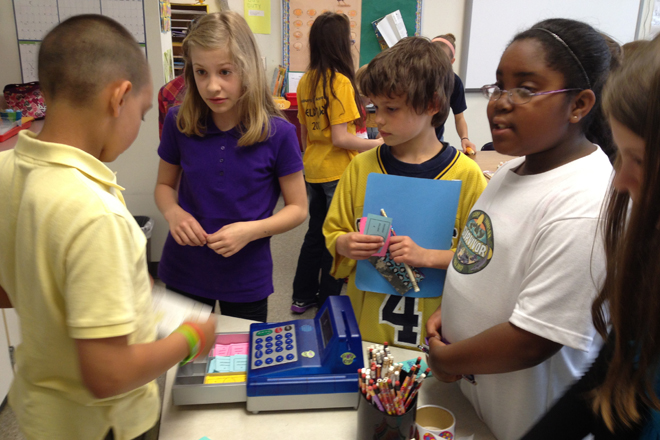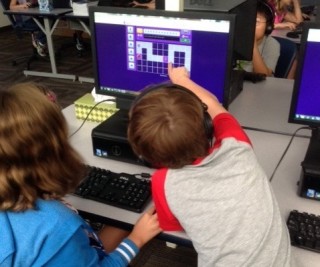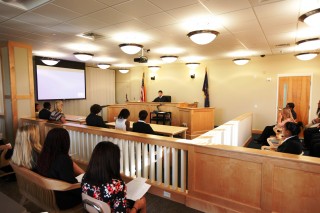When Alyssa M. ’21 opens her wallet, she sees more than George Washington and Abraham Lincoln’s faces. Neatly tucked behind the $1s and $5s are several bills in the currency of Harrisburg Academy’s 4th grade teachers—“Bender Bucks” and “Sherman Dollars.” Mari Bender and Karla Sherman have developed their own micro-economies in their classrooms this year, and the students love it. “Every student had to apply to a classroom job, and they get paid for it,” Sherman said. And like the “real world,” not all jobs are as prestigious, fun, or pay as well as others. “The banker is one of the most important positions,” Bender said. “Six kids applied! We explained to them that to be a good banker, you have to be organized, responsible, and neat, and all applications had to be completed the same way.” The jobs—including but not limited to Mailbox Filer, Pledge Leader, Classroom Monitor, Class Messenger, Bus Duty Assistant, Banker, and Whiteboard Cleaner—are done throughout the week and students keep their jobs for several months before they go through the application process again and re-shuffle responsibilities. They get paid weekly, and pay varies depending on their individual job role… anywhere from $13 to $1. And just like in the real world, students are charged for services, including the “rental” of their desks or the purchase price of a new pencil if they lose theirs. They can be fined if their desks are messy, if they talk in the hallway, or if they break a classroom rule. And they can even receive pay deductions or be fired if they don’t take their jobs seriously. Every few weeks, students are rewarded for their money management with a student-organized store day. “My daughter, Paige, learned about job performance, entrepreneurship and money management in a fun and creative way,” said Ellen Caldwell ’80. “This has been a great hands-on experience that introduced important life skills that will serve her well in the not-so-distant future.”




The full version of this article can be found in Harrisburg Academy’s Spring/Summer 2013 NewsMagazine: http://www.harrisburgacademy.org/newsmagazine